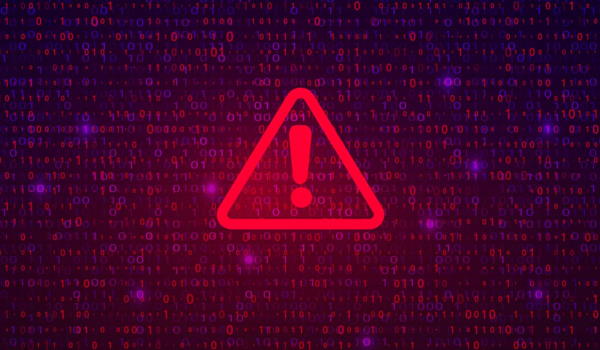K2’s Case Studies In Fraud And Technology Controls
Auditing
8 CPE Credits

Major Topics
- Key fraud risks impacting businesses today
- Examples of fraud and the monetary impact on victims
- How to create, implement, and assess technology-based internal controls to reduce the probability of becoming a fraud victim
Learning Objectives
- Define information technology general controls and information technology application controls and distinguish between the two
- List examples of critical information technology controls
- Recognize control failures and weaknesses that can lead to fraud
- •List recommendations for improving internal controls in an organization
Description
Fraud continues to plague businesses at epidemic levels, and technology control failures are a significant reason fraud occurs. Using a case study approach, in this session, you will learn about the pervasiveness of fraud, the control failures contributing to fraud, and what you can do to mitigate fraud risk.
A specific focus of this course is applying information technology general controls and information technology application controls. In this course, you will examine numerous reported fraud cases and identify the general and application control failures that contributed to each fraud. By learning through these real-world case studies, you will be positioned better to reduce fraud risk.
Compliance Information
Overview
Fraud continues to plague businesses at epidemic levels, and technology control failures are a significant reason fraud occurs. Using a case study approach, in this session, you will learn about the pervasiveness of fraud, the control failures contributing to fraud, and what you can do to mitigate fraud risk.
A specific focus of this course is applying information technology general controls and information technology application controls. In this course, you will examine numerous reported fraud cases and identify the general and application control failures that contributed to each fraud. By learning through these real-world case studies, you will be positioned better to reduce fraud risk.
Course Details
- Overview of CRM functionalities tailored to accounting, including customizations and integrations
- Integrated tools that leverage CRM data for automating tasks and improving efficiency
- Strategies for successfully adopting a CRM platform and solutions to overcome common challenges
- Define Customer Relationship Management (CRM) and explain its significance in business automation
- Identify key CRM features that optimize accounting and financial workflows
- Name at least two best practices for implementing and customizing CRM systems for use in common accounting workflows
Intended Audience — Accounting and other business professionals seeking to leverage CRM technologies for more profitable client/customer interactions
Advanced Preparation — None
Field of Study — Information Technology
Credits — 2 Credits
IRS Program Number –
Published Date – January 1, 2025
Revision Date –